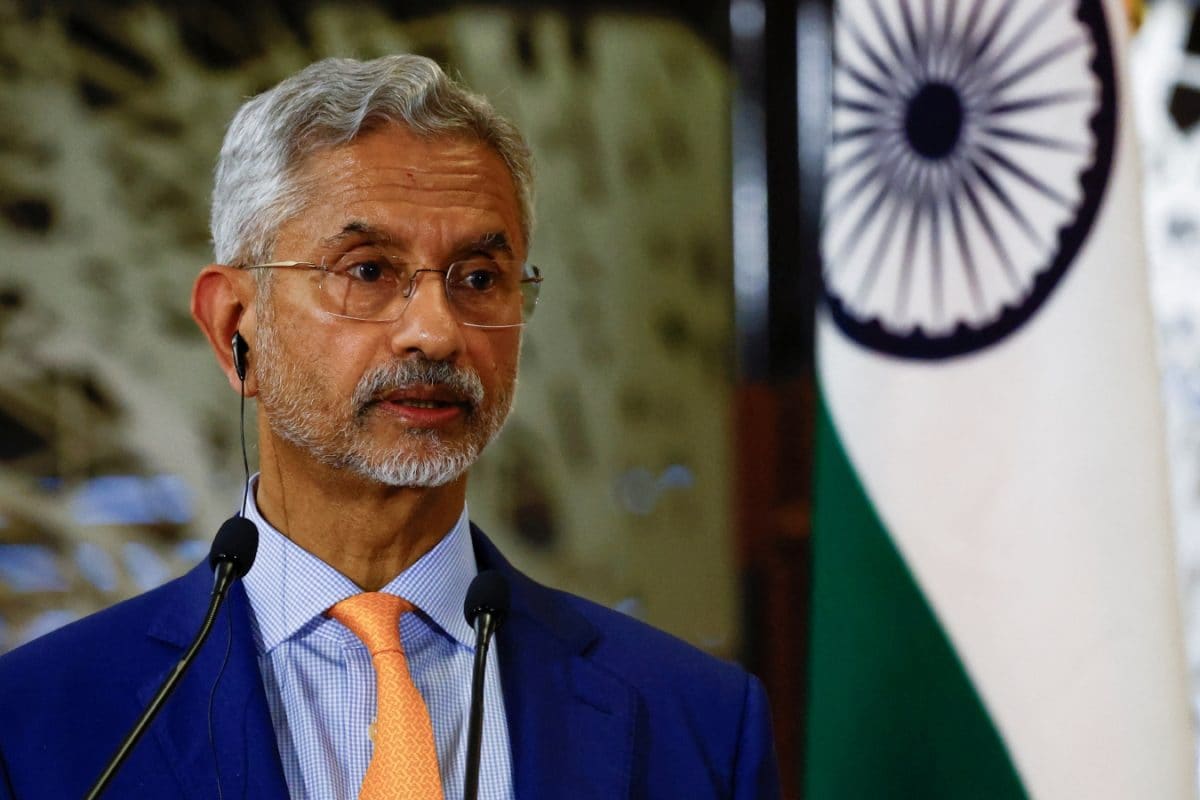

External Affairs Minister S. Jaishankar has consistently emphasized the critical need for Russia's inclusion in any diplomatic efforts aimed at resolving the ongoing conflict in Ukraine. His stance, often articulated at international forums, underscores a fundamental principle of international relations: sustainable solutions require the participation of all key stakeholders.
Jaishankar's perspective is rooted in what he describes as "Russia realism," advocating for engagement rather than isolation. He has pointed out the inherent flaw in previous attempts to address the conflict where Russia was excluded from discussions, stating that expecting a resolution without Russia's presence defies basic logic. This approach reflects India's broader foreign policy, which seeks to maintain open channels of communication with all parties, even amidst geopolitical tensions.
India's unique position allows it to engage with both Russia and Ukraine, as well as other conflicting parties like Israel and Iran, setting it apart from many Western nations. This neutrality enables India to play a crucial role in fostering dialogue and seeking common ground. Jaishankar has acknowledged that India's early efforts to mediate were initially met with skepticism, particularly from Western countries. However, he notes a growing understanding and appreciation for India's approach, especially given the widespread impact of the conflict on the Global South, including rising costs of oil, fertilizers, and shipping.
Jaishankar's advocacy for inclusive diplomacy extends beyond the immediate context of the Russia-Ukraine war. He has called for a more vigorous, innovative, and participative approach to diplomacy, urging countries to bypass what he sees as the limitations of Western-dominated conflict resolution mechanisms. He argues that the era of a few Western powers or the UN Security Council managing conflicts is over, and that all countries need to step forward to contribute to peaceful resolutions.
In various addresses, Jaishankar has highlighted the importance of realism in international relations, particularly when dealing with complex conflicts. He has cautioned against predictions and scenarios that are not well-founded in reality, emphasizing the need for engagement with Russia to achieve any meaningful progress. His meetings with Russian Foreign Minister Sergey Lavrov on the sidelines of international events, such as the G20 ministerial, demonstrate India's commitment to maintaining dialogue and seeking de-escalation measures.
India's balanced approach is not without its challenges. Maintaining strategic partnerships with both Russia and the West requires careful navigation of competing interests and pressures. However, India's consistent call for dialogue and diplomacy, coupled with its ability to engage with all stakeholders, positions it as a key player in efforts to resolve the conflict and promote global stability. As Jaishankar aptly puts it, "You can't expect a solution from Russia without Russia in the room." This underscores the necessity of inclusive diplomacy and the importance of engaging all relevant parties in the pursuit of lasting peace.